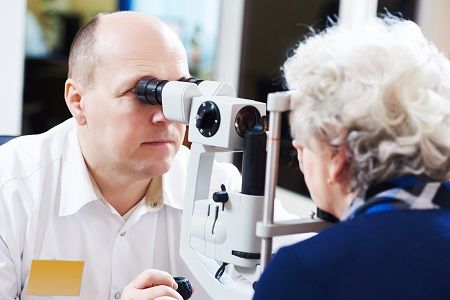Vitamin D Deficiency Is Significantly More Common in People with Noninfectious Uveitis
Presented at the American Academy of Ophthalmology 2016 Annual Meeting (AAO 2016), one study looked at how vitamin D is involved in the world of uveitis.

Researchers have long stressed the importance of sufficient vitamin D levels. It’s been shown to improve bone turnover markers in postmenopausal women and historical exposure is tied to multiple sclerosis outcomes. Presented at the American Academy of Ophthalmology 2016 Annual Meeting (AAO 2016), one study looked at how vitamin D is involved in the world of uveitis.
There are two types of uveitis — infectious and noninfectious. The first is brought about from a virus or bacteria in the eye and the second can develop from another injury or disease in the body – such as multiple sclerosis, psoriasis, and the acquired immunodeficiency virus (AIDS). In this recent study, Samaneh Dayoudi, MD, of the Amirkabir University of Technology, and colleagues aimed to find if there was a relationship between noninfectious uveitis and plasma vitamin D levels.
The team looked at 100 people with noninfectious uveitis and compared them to 100 healthy controls. Their total 25 (OH) vitamin D plasma levels were recorded, as well as other clinical and demographic information. Hypovitaminosis, or vitamin D deficiency, showed to be associated with noninfectious uveitis.
“Hypovitaminosis D was significantly more common in uveitis patients (odds ratio (OR): 2.53),” the report said. “It remained significant after adjusting for age, gender, race, the month of the blood draw, and vitamin D supplement use (OR: 2.94).”
Multivariate regression models confirmed that vitamin D deficiency was associated with an increased risk of noninfectious uveitis.
Related Coverage:
Flying Eye Hospital Brings Invaluable Resources for Patients Worldwide
Incidence of Syphilis Has Been Increasing, and Uveitis May Be Its First Sign
Adalimumab: Efficacy and Adverse Effects for Patients with Active Noninfectious Uveitis